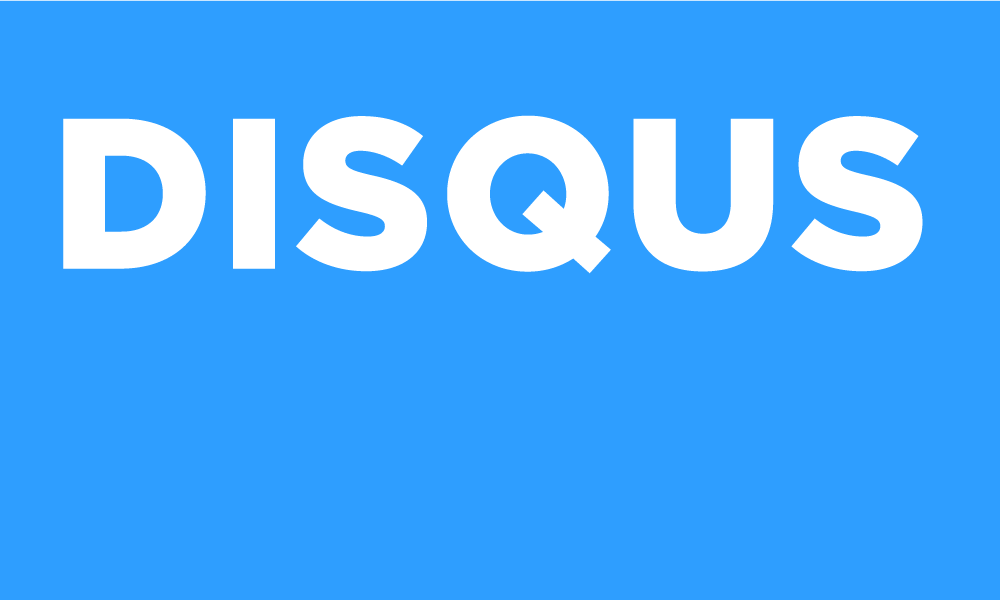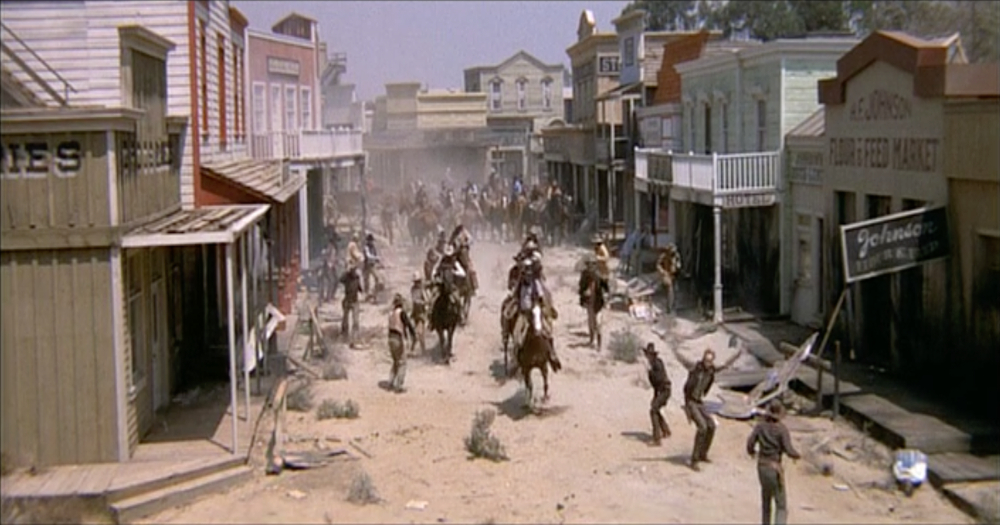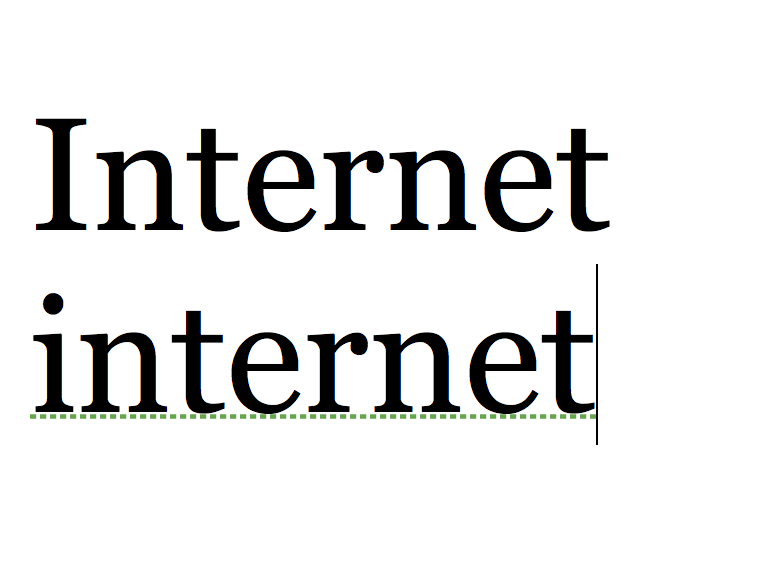Category Archives: Networking
I am completely OK with this

Now this I have no problem with whatsoever, although it hints at a larger issue. Researchers at University College London have discovered a dormant but massive Twitter botnet comprised of an estimated 350,000 fake accounts that does nothing but tweet out random quotes from Star Wars novels.
They discovered it quite by accident while taking a pure random sample of English-speaking Twitter accounts. It’s important to note the importance of this sampling method, as other methods of sampling might bias the results in favor of those accounts that are more active or have more followers. Their one percent sample resulted in approximately six million accounts.
Once their random sample was complete, they plotted the geographic distribution of these users, and they discovered something curious. Many of the tweets formed an almost perfect rectangle along latitude/longitude lines, including open, uninhabitable places like frozen tundra and bodies of water. They conjecture the shape was deliberate to mimic where English-language tweets are most likely to originate, and hide them within the clutter of legitimate Twitter users Tweet flood.
Upon further investigation, the researchers found another surprise. All these Twitter accounts did was tweet out random passages from Star Wars novels. They also never retweet, they send out very few tweets (around ten total) and list ‘Twitter for Windows Phone’ as the tweet source. As much as I hate to say it, that is also likely a ploy to get them to stay under the radar as much as possible because of that platform’s significantly low user base.

It’s not Twitter, but Darth Vader actually posted this on Instagram. Seriously. He doesn’t even care about that stormtrooper behind him.
Using a machine-learning word association approach (a ‘classifier,’ although classifiers are not limited to word association), it found that actual users had a very wide distribution of word choice, while the bots used words almost entirely related to Star Wars. Additionally, the platform percentages were evenly distributed for the most part among real users while the botnet was one hundred percent Twitter for Windows Phone. When the numbers are examined, the botnet is easy to see.
The authors then discuss the implications. Clearly, a dormant, low-activity Star Wars-themed Twitter botnet is not a big deal. However, if the creator decided to reactivate the botnet in order to create a spam network, send malicious messages, or use it for other nefarious purposes, they could. I personally don’t believe that will happen as it likely would have already, however as the authors also note, the botnet went out of its way to stay under the radar.
One of the things I find most interesting about it all is that the authors hint they found another, even more massive Twitter botnet using the same approach, which they will be reporting on at a later date.
Really interesting stuff, and touches on the impact of social media, machine learning and AI, cybersecurity, and geolocation/geotagging just to start (as well as the curious motivations of this particular botnet’s creator). I very much recommend giving it a read.
A major change for the site

As you can likely tell from the image header, and as this site continues to expand, I have switched the comment system over to the venerable Disqus platform. While I was more than happy with the stock commenting method provided by WordPress, I also was never completely comfortable with people having to login via social media in which they might not be comfortable leaving a comment, or logging in anonymously, in which *I* wouldn’t be comfortable with them leaving a comment.
I have to admit though, WordPress has so far caught 100% of the spam that has been levied against this site, and I can’t argue with those results. I have seen spam get through on many, many sites that use Disqus, and so everything here today is done with the understanding that if Disqus can’t handle the inevitable comment spam that will arrive, or in some other way becomes odious, I may have to switch back to the old way of doing things.
A huge mistake, and disaster averted

Other than not being a woman, I know just how that lady feels. Today was a bad day, and her expression was my exact expression earlier. You’ll notice over to the right, on the twitter feed, the words “OR DON’T.” That was the header image to a post I had written about two separate attacks this month that targeted remote access software. One attack on June 1st compromised TeamViewer, a program I use myself, and the second, more recent attack targeted GoToMyPC, hence the OR DON’T. Get it? Anyway, both were based on password reuse, so change your passwords if you’re affected. Or even if you’re not.
However after I posted it, I noticed that the LightBox functionality was not working on recent posts. LightBox is the function that causes an image to expand when you click on it while darkening the background. It’s only not working on recent posts, for older posts it works fine. I didn’t know why, and started to investigate.
Enjoy the Internet while you can

This has been in the cards for a long time, but ICANN, the Los Angeles-based organization that has its fingers in many aspects of how the Web operates, will no longer be managed by the United States, but – according to this article in the Washington Post – by “an international body made up of technologists, businesses, governments and public interest advocates.”
This is a mistake. While I don’t have an inherent problem with a nebulous international body overseeing the continued development of the operation of the Web, what I DO have a problem with is that this will allow oppressive regimes who have no interest in freedom of expression or the open standards and ideas that the Web is built upon, and they could very well turn back the Internet clock, as it were.
I’m not being facetious when I say this could change the way the Web works forever. It could cease being the glorious, anachronistic Wild West that it always has been, and instead be regulated according to the demands of those who wish to stifle it and the free exchange of information it represents. Some governments, who have expended huge amounts of money and effort to limit what their citizens can see on the Internet, have been salivating over this moment for decades; we can all imagine why.
You’ll notice on page six of the transition assessment (.pdf here) states “This model encourages all parties—including businesses, technical experts, civil society, and governments—to participate and to reach consensus through a bottom-up process.” The problem is, governments will have ultimate decision-making capabilities and will overrule other stakeholders. I’m astounded there is not more attention being paid to this, or that the news isn’t covering it and, frankly, that people aren’t rioting. If they’re so willing to riot over the G20, which is *also* a multinational gathering – why not this? We should be very careful about who has influence over the future growth of the Web.
So enjoy the Web while you can, it could be changing soon.
Internet is capitalized!

I always hammer home to my students that the term ‘Internet’ is capitalized if you are referring to the global network we all know and love. One of my students sent me an email earlier today asking if that was still necessary, since apparently the Associated Press Stylebook will no longer make that requirement, as announced in a tweet (which is not capitalized. At least, not yet).
We will lowercase internet effective June 1, when the 2016 Stylebook launches. #ACES2016 pic.twitter.com/nGz63zc5YP
— APStylebook (@APStylebook) April 2, 2016
They are wrong. Internet is a contraction of the terms ‘interconnected’ and ‘network;’ you can have *an* internet, or you can be talking about *the* Internet. The latter is a proper noun, distinguished from other internets, and should be capitalized. It’s disheartening to see that a well-regarded guide like this is being so misguided.
Of course, they also use ‘lowercase’ as a verb, so I think it’s time to find another style guide.
And while we’re at it, ‘GIF’ is pronouned with a hard ‘G!’ It’s not peanut butter.
